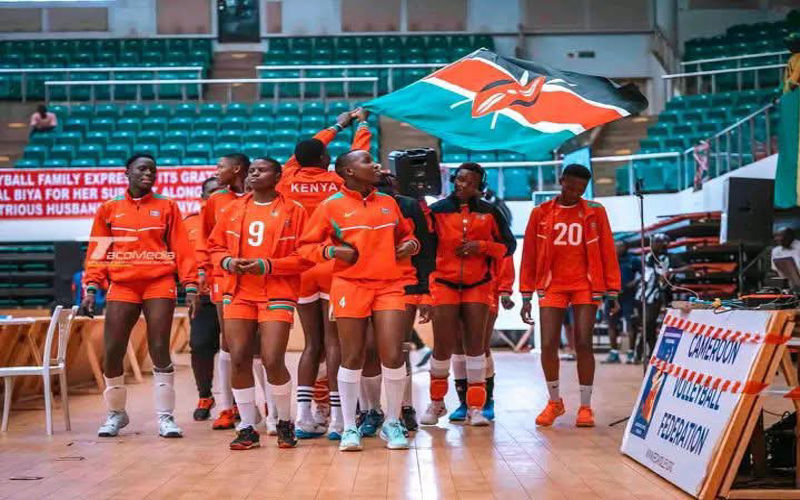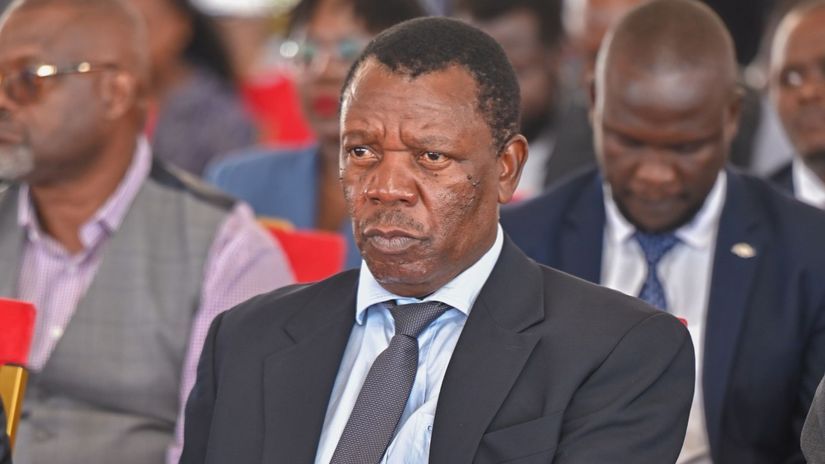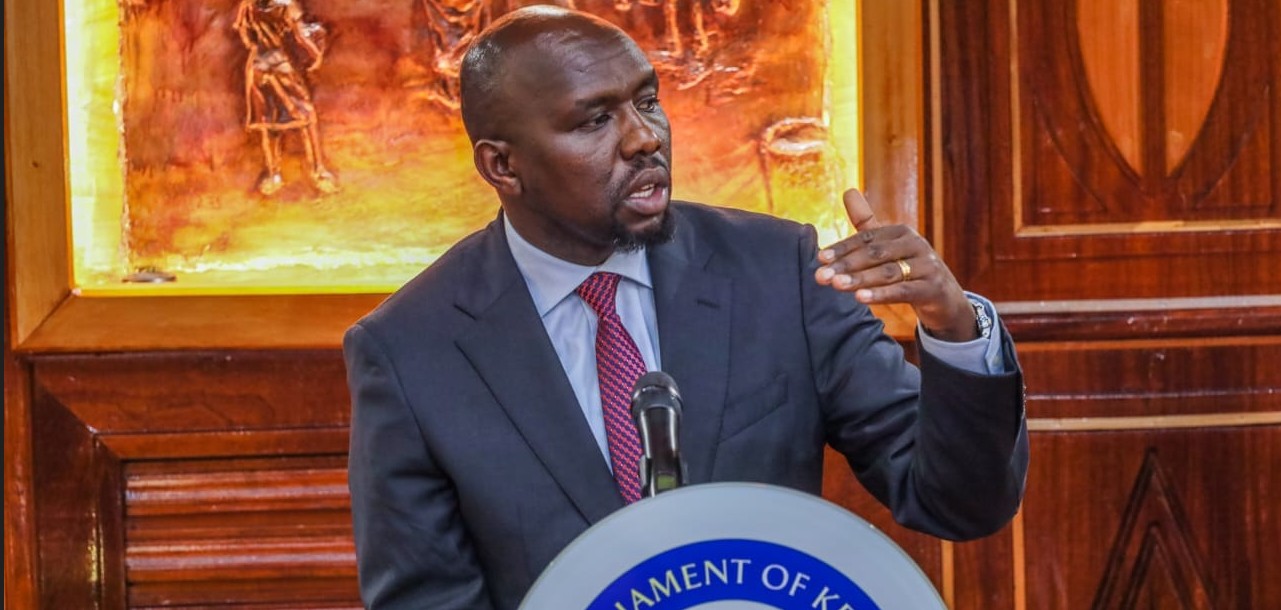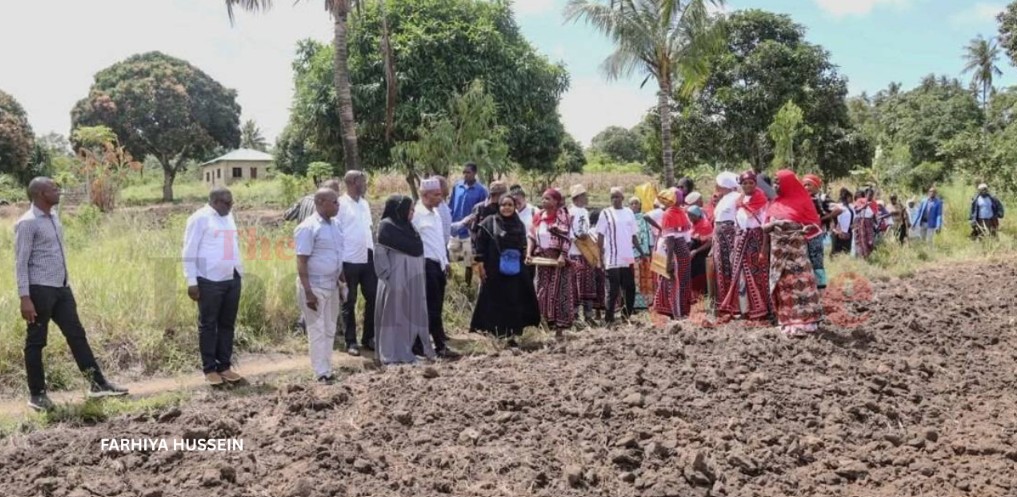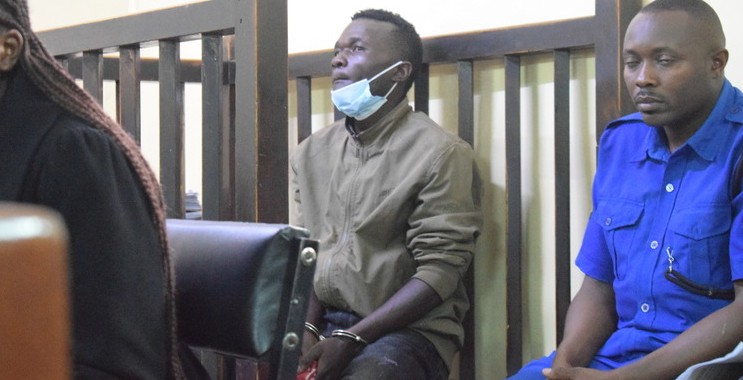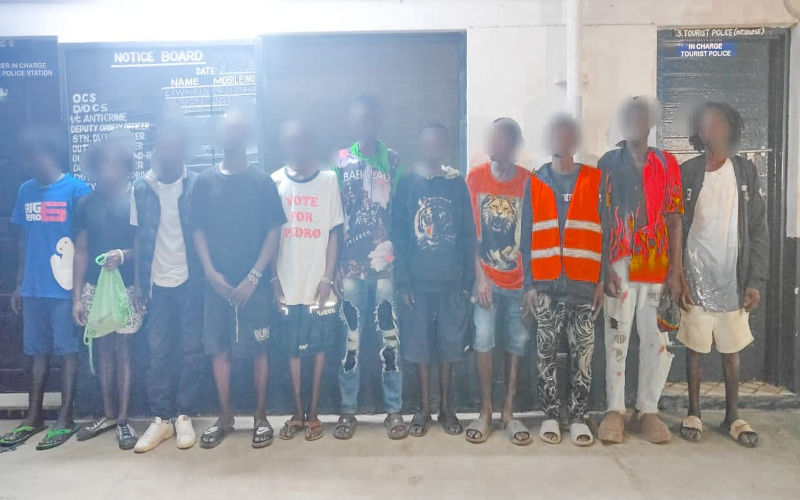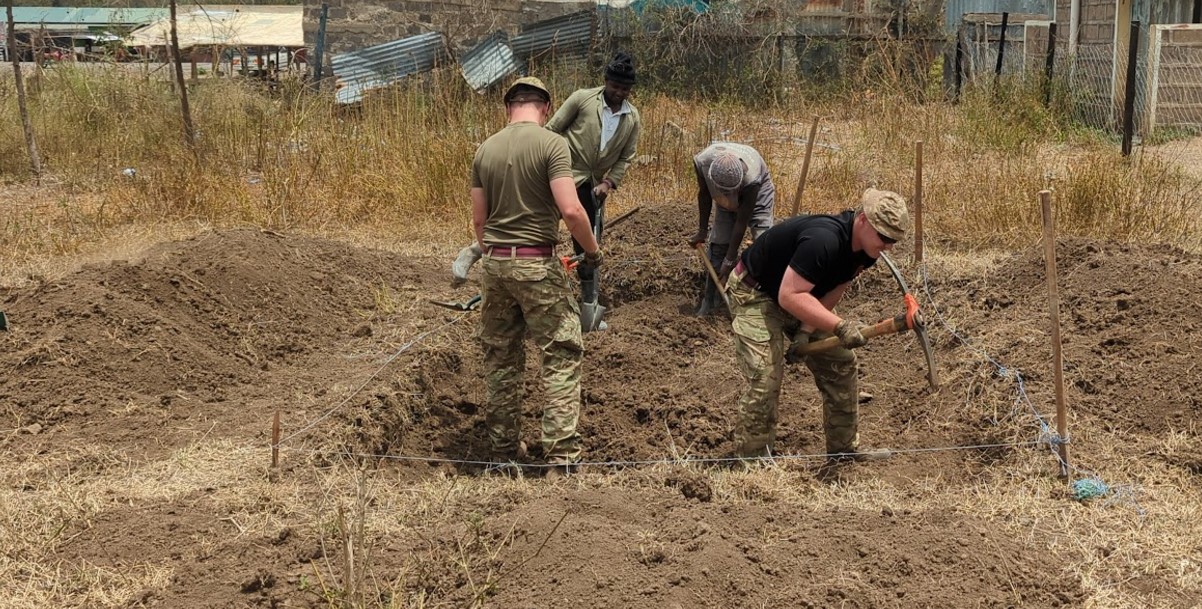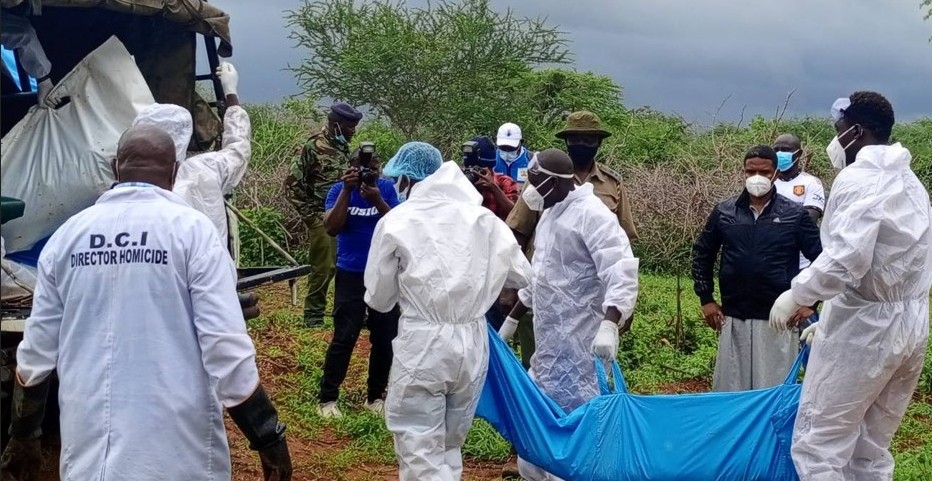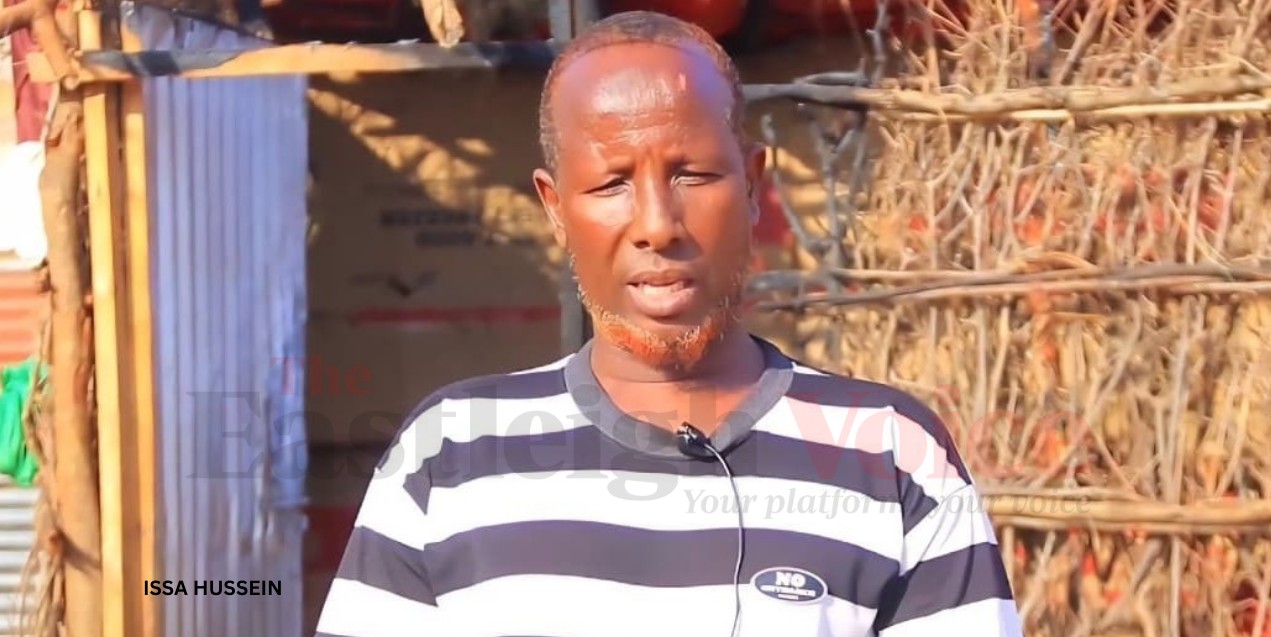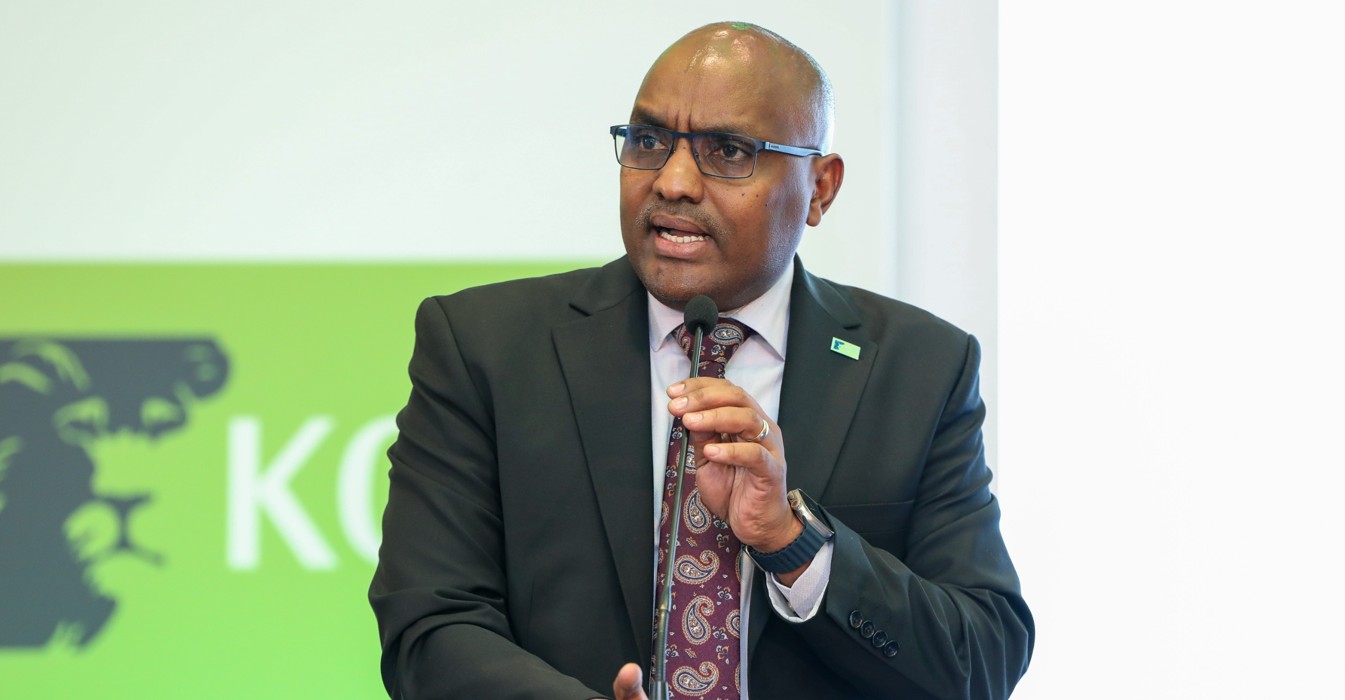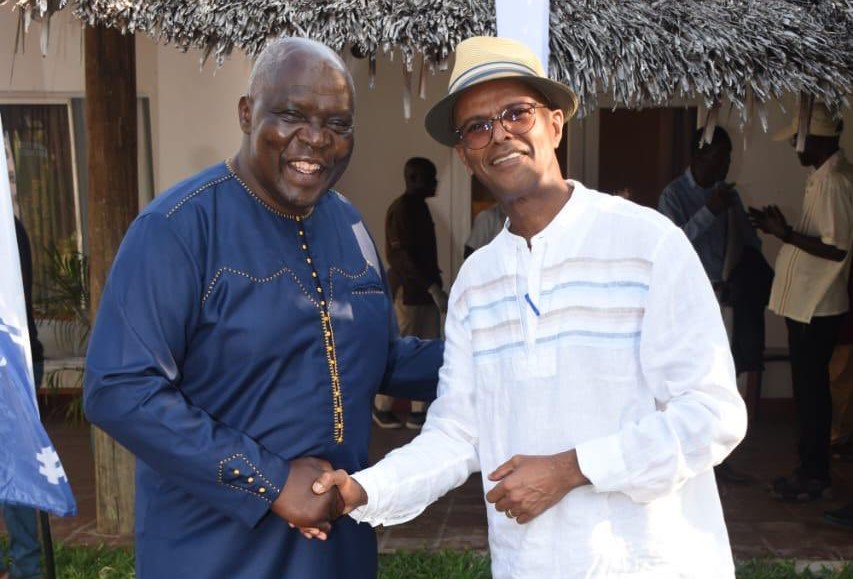Sh43.4 billion budget shortfall threatens Kenya's free education programme
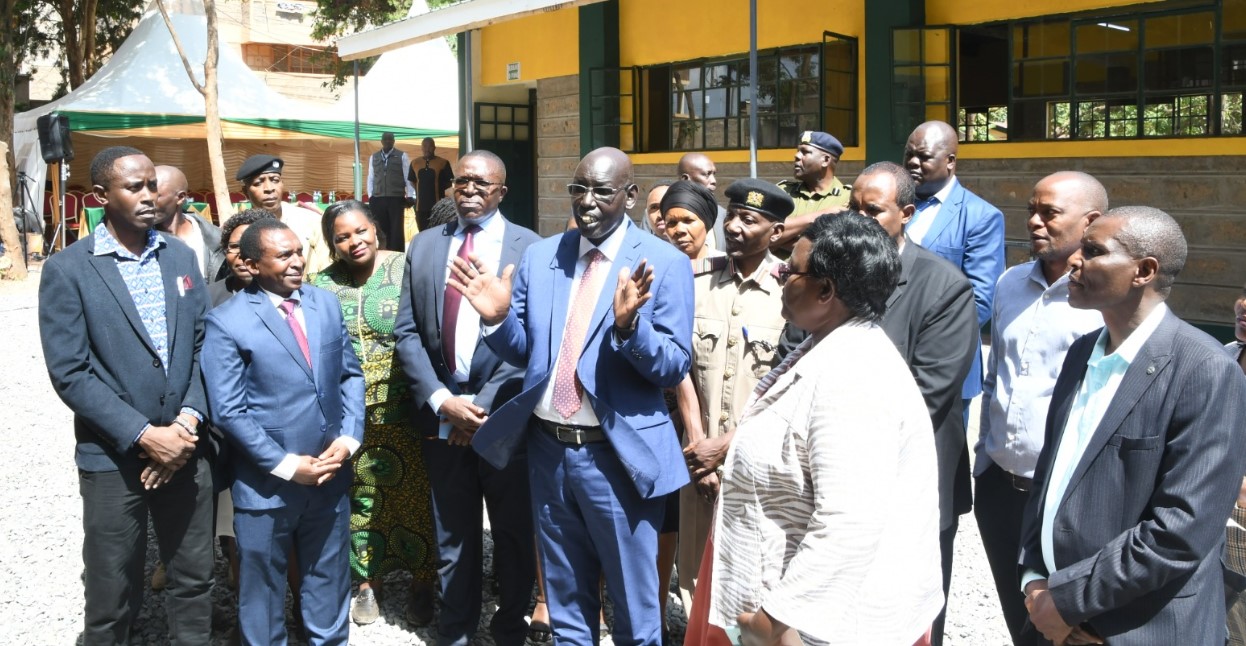
More than 982,197 secondary school students under the Free Secondary Education (FSE) programme face uncertainty due to a Sh21.85 billion funding gap, raising fears of disruptions in learning.
Kenya’s education sector is staring at a financial crisis as a Sh43.4 billion budget shortfall threatens key programmes, including free primary and secondary education in the 2025/2026 financial year.
Appearing before the National Assembly Education Committee, Basic Education Principal Secretary Belio Kipsang revealed that the Free Day Secondary Education (FDSE) programme is among the most affected, with a funding gap of Sh21.85 billion leaving 982,197 students without financial support.
More To Read
- Schools forced to fundraise after Ministry of Education fails to release festival funds
- Section of Nairobi MPs defend reduced school capitation, blame budget strain, rising enrolment
- Education Ministry denies capitation cuts amidst funding confusion
- Ruto affirms commitment to free, quality primary and secondary education despite budget strain
- CS Mbadi fires back at critics over school capitation shortfall, pins blame on Parliament
- Education CS Julius Ogamba put to task over Sh1.3 billion 'ghost school scandal'
The State Department of Basic Education had requested Sh54.88 billion in capitation funds to support 3,244,325 secondary school students at Sh22,244 per learner and 9,243 Special Needs Education learners at Sh50,772 per learner.
However, more than 982,197 secondary school students under the Free Secondary Education (FSE) programme face uncertainty due to a Sh21.85 billion funding gap, raising fears of disruptions in learning.
Kipsag expressed concern over the deficit, calling on legislators to intervene and avert a looming crisis.
“Free day secondary schools have a proposed allocation of Sh54.88 billion. However, because of a deficit of Sh21.85 billion, 982,197 learners will be left out of the free day secondary school program,” Kipsang told the committee.
“The budget shortfall is where we need MPs to reconsider and re-evaluate.”
Lawmakers questioned why the FSE budget remained unchanged despite reducing student numbers due to the transition from the 8-4-4 system to the Competency-Based Curriculum (CBC).
Tinderet MP Julius Melly, who chairs the committee, challenged the Ministry of Education to justify the budget request, arguing that student enrollment in secondary schools was gradually declining.
“In Free Secondary Education, the numbers we are looking at are Form 1, 2, and 3 students, and these numbers are decreasing. Next year, you will only have two classes. Don’t you think the Sh54.8 billion allocation should be reconsidered?” Melly posed.
“This resource gap is a clear indication that learners at various levels are not funded as expected based on existing policies on funding.”
His sentiments were echoed by Kitutu Masaba MP Clive Gesairo, who cautioned that the funding shortfall could negatively affect learning outcomes.
“This may, in the long run, affect the quality of education being delivered in our learning institutions, hence negatively affecting education outcomes,” he said.
Mandera South MP Ebrahim Abdul also raised concerns about the ministry’s ability to implement key programmes amid the government’s cash crisis.
“What are your plans to mitigate this serious shortfall, which seems to be worsening year after year, particularly regarding education quality and outcomes?” Abdul posed.
Committee members also observed that funding for capitation, loans and scholarships had declined, raising fears that many students might struggle to afford education.
Special needs learners
Kakamega Nabii Nabwera specifically raised concerns about the fate of special needs learners under the new Competency-Based Curriculum (CBC).
“Under the new curriculum, I have not seen allocations catering for special needs students. Where do they go?” Nabwera posed.
In response, Kipsang assured MPs that the government was making efforts to accommodate special needs learners.
“We have 35 national schools that cater for special needs students, and we continue to invest in them to accommodate more learners,” he said.
The administration of three major national examinations; the Primary School and Junior Secondary School assessments could also be affected by a funding shortfall of Sh6.87 billion.
From 2025, the Kenya National Examination Council (KNEC) is set to administer the Kenya Junior Secondary Education Assessment (KJSEA) for 1.1 million learners. However, a funding gap raises concerns over the smooth execution of the exams.
Kipsang disclosed that KNEC had already begun registering candidates for the 2025 Kenya Primary School Education Assessment (KPSEA) and Kenya Intermediate Level Education Assessment (KILEA), but financial constraints posed a major challenge.
“That’s where we have a huge underfunding. The resource requirement for KJSEA is Sh3.57 billion, in addition to Sh8.1 billion for administering the Kenya Secondary School Examination and KPSEA,” Kipsang said.
President William Ruto’s plan to provide meals to 2.6 million vulnerable learners in Arid and Semi-Arid Lands (ASAL) and urban slum areas is also under threat due to a Sh4.21 billion funding shortfall.
The Ministry of Education had requested Sh7.21 billion to sustain the school feeding program but was only allocated Sh3 billion, raising concerns about its sustainability.
Additionally, a request for Sh2.57 billion to fund infrastructure development in primary and secondary schools, as well as teacher training colleges, was rejected by the National Treasury. Legislators have since questioned how the CBC curriculum will be effectively implemented without adequate infrastructure.
“There are 1,600 secondary schools without laboratories. According to your submissions, more will be constructed in 2026, but how are we ensuring quality education, specifically in science subjects, in the meantime?” Kabondo Kasipul MP Eve Obara posed.
In response, Kipsang reaffirmed that the government is committed to addressing the issue.
“We are committing that all our senior schools will have a laboratory by 2026,” he said.
With critical education programmes facing financial strain, the National Assembly Education Committee has called for urgent government intervention to prevent disruptions that could affect millions of learners.
Top Stories Today
